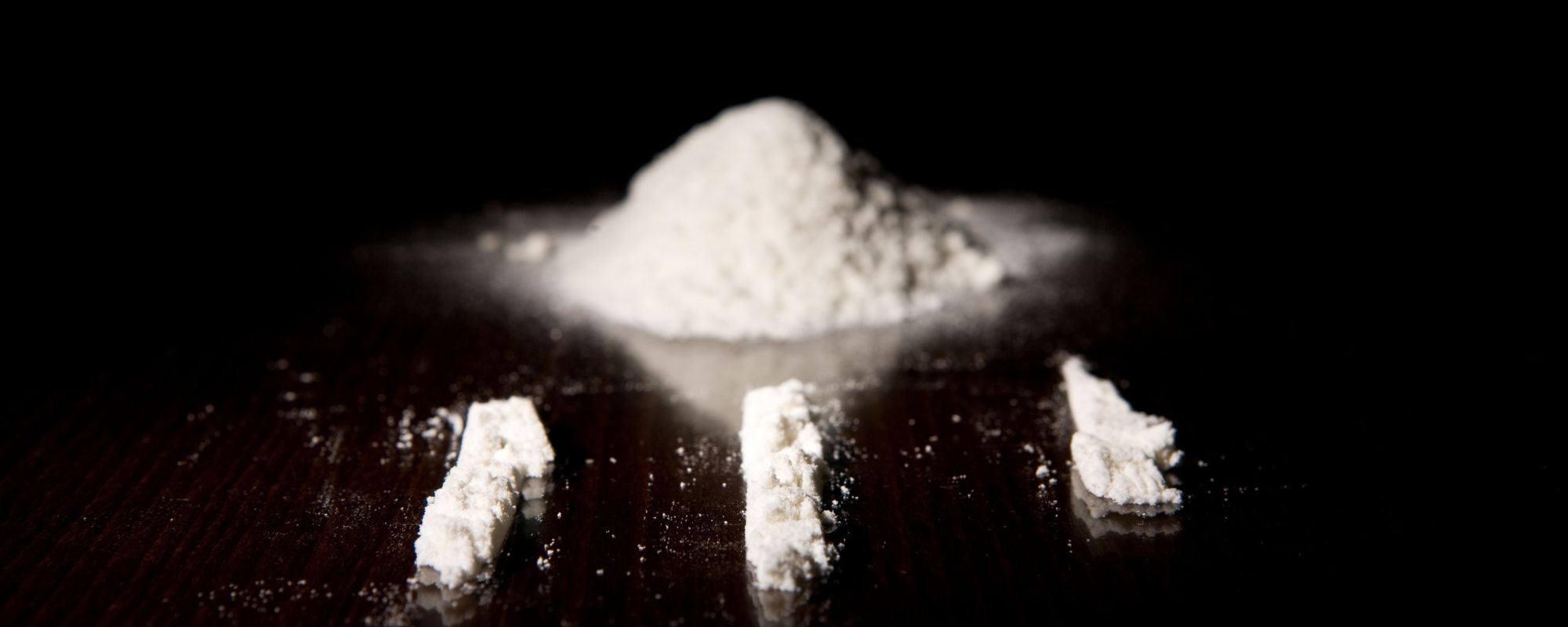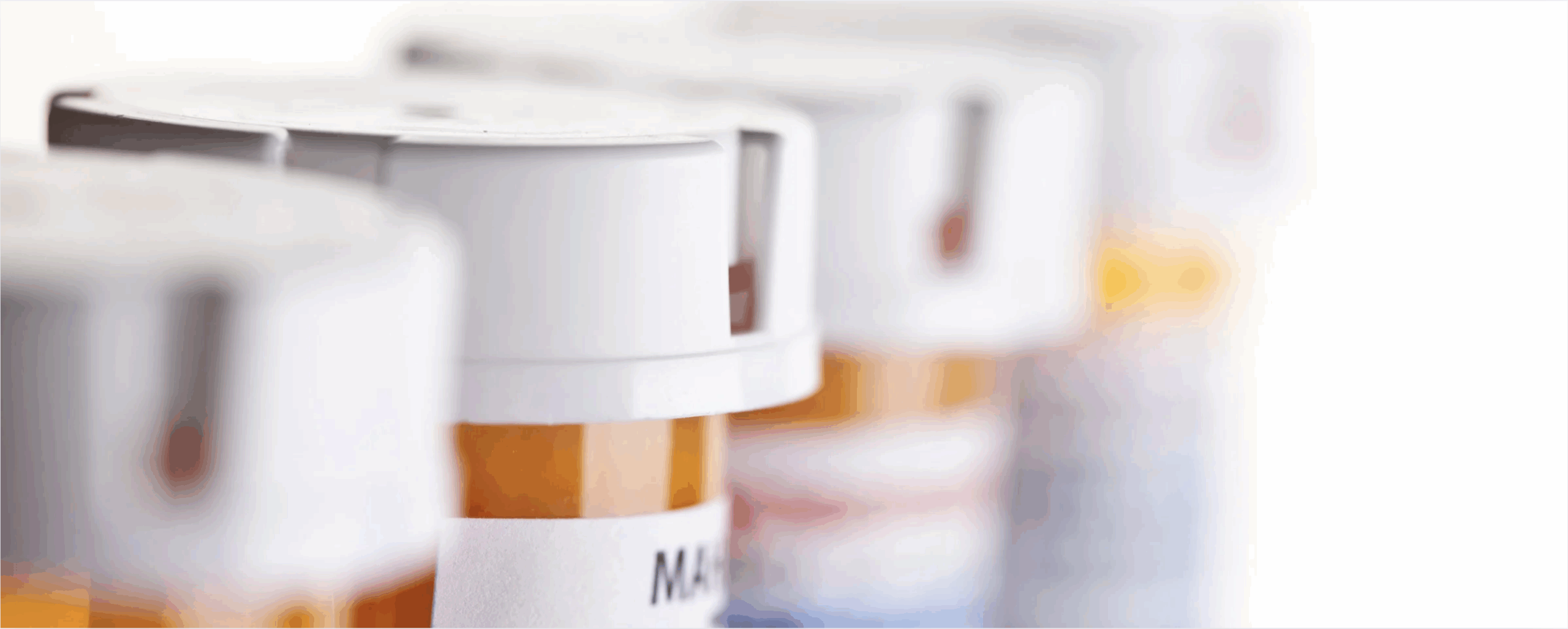Seeking treatment for a drug or substance abuse disorder is an empowering step to recovery. It takes a lot of bravery and self-awareness to admit that you have an addiction and it’s time for a change in your life, and drug detox during rehab is the proactive way to make that happen.
The initial step in that journey to sobriety is drug detoxification. Many people may try quitting drugs and alcohol cold turkey, which can introduce challenges that can’t be overcome without supportive oversight.
While detox is the shortest phase of treatment, it plays a crucial role in addressing physical dependence. Proper drug detox is integral to treatment because it safely enables you to begin recovery in earnest with a clean slate.
But what does the drug detox process involve? What are the steps and the outcomes? Keep reading to learn what to expect during drug detox.
What Is Drug Detox?
The drug detox process refers to the changes your body undergoes when you stop using drugs or alcohol. Because addiction is considered a mental health disorder, it can affect both the body and the mind. And over time, substance use creates dependency, making it increasingly challenging for the body and brain to function without it.
Drug detox is the period during which you begin to experience withdrawal symptoms. It’s meant to detoxify or clear your system of a substance while slowly reducing and managing those symptoms with the least amount of discomfort. Attempting to detox on your own isn’t advisable since many substances can pose withdrawal symptoms that can range from mild to moderate, t dangerous, or even life-threatening.
DurinAcal drug detox reduces the risks of these complications in a safe environment where your symptoms receive continual monitoring. At a drug detox center, detoxfn following a set structure is the very first part of treatment — a precursor to rehab — where medical professionals remain at your side to safely supervise and guide you to reduce any risk of complications.
Drug Abuse Statistics
Raising awareness of what it calls an addiction public health crisis, the National Institute on Drug Abuse (NIDA) cites the prevalence of drug abuse in the U.S., citing more than 40 million people with a substance abuse disorder in 2020.
Other numbers from the National Center for Drug Abuse Statistics (NCDAS) paint a telling picture underscoring the need for effective intervention, drug detox program, and rehab:
- More than 25% of illicit drug users struggle with a drug disorder.
- Of those, nearly 25% have an opioid disorder.
- 2 million, or 12%, of prescription drug abusers are addicted.
- 28.3 million people, or 20.4% of those who drink alcohol, have an alcohol addiction.
- In the last 25 years, there have been 700,000 drug overdose deaths in the U.S.
However, in its National Survey on Drug Use and Health, the Substance Abuse and Mental Health Services Administration (SAMHSA) notes progress in the recovery of people struggling with drug addiction — among 29 million adults with a substance abuse problem, more than 72% considered themselves to be recovered, or in recovery, from a drug abuse disorder.
What Addictions Can a Drug Detox Center Help With?
The right drug detox center is equipped and enabled to treat a range of substance abuse disorders. Royal Life Center’s Spokane, WA facility offers a medical drug detox program for no fewer than seven different types of drug addictions, including detox for alcohol, benzodiazepines, cocaine, methamphetamines, opioids, fentanyl, and heroin.
Alcohol Detox
According to the Cleveland Clinic, alcohol withdrawal can develop after stopping or strongly reducing the amount of alcohol you use after more than two weeks of heavy use. Withdrawal symptoms can range from anxiety and irritability to tremors, seizures, and even delirium. Your liver is the organ most affected by chronic alcohol consumption and needs an opportunity for alcohol detox to eliminate toxins in your body from drinking.
Opioid Detox
Forty million (nearly 4%) Americans misuse opioids each year, statistics that follow on the heels of an opioid epidemic that began in 2017. Opioid withdrawal symptoms — which can include depression, stomach cramps, and severe muscle and bone pain — can persist for roughly one week and need the attention of a proper drug detox for opioids. Medications like buprenorphine or methadone are often used to ease symptoms and reduce cravings.
Crystal Meth Detox
Nearly 2 million people use meth each year, while about 500 people try meth for the first time every day, notes SAMHSA. Crystal meth, coined for its glasslike appearance, is crushed into a powder and most commonly smoked, highly addictive and carrying several withdrawal symptoms, including depression, anxiety, psychosis, paranoia and hallucinations, among others. Drug detox for meth is geared at guiding someone with a meth addiction through the acute and subacute phases of withdrawal and preparing them for treatment.
Benzodiazepine Detox
Benzodiazepines (“benzos”) like Xanax or Klonopin are depressants effective at treating anxiety and panic disorders but widely abused — according to NCDAS, nearly 5 million people abuse benzos each year, totaling more than 29% of prescription drug abusers. A proper medical detox for benzo addiction involves gradually tapering off the drug to minimize withdrawal symptoms (like anxiety, nausea, hallucinations and shakiness), since abruptly stopping use can prove too shocking to one’s system.
What to Expect During Drug Detox
Overcoming addiction requires the right treatment, support, and determination. But what does the drug detox process look like, and how does it fit within the paradigm of addiction treatment? Rehab follows a careful continuum that starts with drug detox and flows into different phases of care:
Reach Out for Help With Drug Addiction
Are you struggling with substance abuse?
Royal Life Centers at Spokane Heights is here to help you recover. Because we care.
What to Expect During Drug Detox
Overcoming addiction requires the right treatment, support, and determination. But what does the drug detox process look like, and how does it fit within the paradigm of addiction treatment? Rehab follows a careful continuum that starts with drug detox and flows into different phases of care:
Initial Assessment and Individualized Treatment Plan
When you make the decision to enter treatment, there’s a getting-to-know-you phase to determine what plan is right for you. It needs to be personal to you since two people with the same addiction or diagnosis may require different modes of treatment. Meeting with an addiction specialist and case manager, they’ll review your medical history, physical and mental health, addiction severity, and your goals for treatment to create a plan targeting the nuances of your dependency.
Skilled and Experienced Medical Detox Staff
Compassionate, caring, licensed, and experienced are some of the words that define the staff you will encounter on the campus of Royal Life Centers. There are case managers to make sure your treatment plan stays on track; doctors and nurses who know how to safely detox from drugs and handle the delicate balance that it requires; therapists with an intuitive sense to guide you along the recovery path; and support staff to provide the amenities and comforts called for in rehab. Their collective goal is to see your recovery through to the end.
Medication-Assisted Treatment
For addictions to alcohol or benzos, medication-assisted treatment, or MAT, is a component of rehab that can be a literal lifesaver in the face of major withdrawal symptoms. It involves the careful administering of FDA-approved medications, highly effective in combination with therapy because they help lessen withdrawal symptoms and improve sobriety rates.
Evidence-Based Psychotherapy During Drug Detox
Drug detox addresses the physical aspects of addiction by flushing the body from substances, preparing you to address the psychological notions of dependency through talk therapy. Evidence-based (meaning it has been scientifically proven effective), therapies like cognitive behavioral therapy or dialectical behavioral therapy remain important parts of addiction treatment where, with the help of your counselor, you can identify the underlying causes of your addiction, regulate emotions and develop coping strategies.
Holistic Treatment Programs During Drug Detox
Holistic therapy treats your whole person through a series of programs meant to nurture your mind, body, and spirit. In tandem with psychotherapy, yoga, mindfulness meditation, breathwork, and sound healing — among others — enable the clarity to see the root nature of your addiction, cultivate cognitive awareness, and ultimately boost your self-esteem to see, unfettered, your true value and worth, free of a life of substance use.
How Long Does Drug Detox Take?
The drug detox process can vary — namely, the type of drug addiction being treated and your own treatment needs.
“While a typical detox will last anywhere from three to 14 days, some patients can experience symptoms for weeks or months before achieving a full recovery,” notes Psychology Today.
At Royal Life Centers, medical drug detox is generally an 8-week program, but a 4-day observational detox is available for those who don’t require medically assisted detox.
Here are some other individual factors that compose the drug detox timeline:
Substance Abused
Different drugs can take longer to withdraw from, and their detox timelines reflect that. For instance, alcohol, benzos, heroin, and crystal meth, to name a few, can carry more severe withdrawal symptoms that need close monitoring during the medical drug detox phase.
Frequency and Volume of Drug Use
The degree of an addiction — that’s to say, the duration and intensity of substance abuse — plays a prominent role in determining a drug detox timeframe. Chronic, heavy drug or alcohol use often results in stronger withdrawal symptoms and mirrors a lengthier drug detox process.
Genetics
Research has shown that genetics can influence the likelihood of developing a drug disorder, and it can also play a role in drug detox since everyone metabolizes substances and experiences withdrawal symptoms differently. Since some people may have a genetic predisposition to experiencing more severe symptoms, this can extend the detox timeline.
Environmental Factors
Do environmental factors play a role in the duration of drug detox? Think of the reasons why drug addiction may take hold. Stress levels, past trauma, or a co-occurring mental health condition — some of the reasons drug misuse arose in the first place — can also play a role in the length of the detox experience.
Drug Detox and Addiction Treatment Programs in Washington State
When searching for drug detox near me, how does Royal Life Centers offer the most comprehensive addiction treatment? Whether it’s inpatient drug detox or outpatient drug detox, our perennial aim is to empower you with healthy tools and solid strategies to lead a more fulfilling, healthy, and drug-free life.
Drug detox is just the beginning of the recovery journey, but the power, strength, and resolve to get sober is inside you all along to travel the path to getting clean and sober.
Our team is here to support you every step of the road. Recovery is attainable, and a single phone call can change your life. Questions about our Spokane treatment center or drug detox? We’re here to help.
REFERENCES:
- Medical Detox | Psychology Today
- NIDA IC Fact Sheet 2024 | National Institute on Drug Abuse (NIDA)
- NCDAS: Substance Abuse and Addiction Statistics [2023]
- Key Substance Use and Mental Health Indicators in the United States: Results from the 2021 National Survey on Drug Use and Health
- Alcohol Withdrawal: Symptoms, Treatment & Timeline
- Know the Risks of Meth | SAMHSA
- New NIH study reveals shared genetic markers underlying substance use disorders | National Institute on Drug Abuse (NIDA)



















